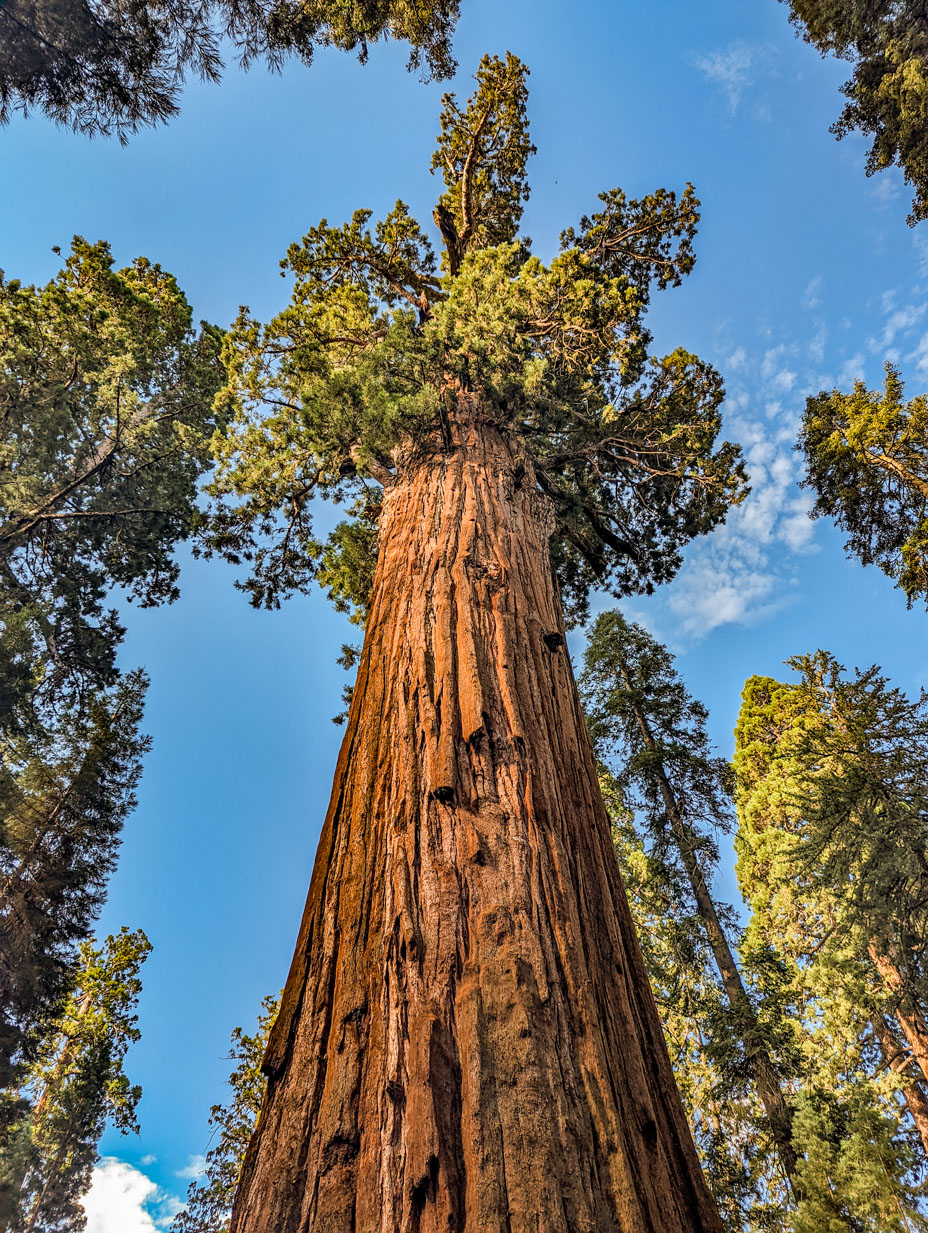

 ©Laura Haverkamp
©Laura Haverkamp
Chapter 6:15-23 (ESV) - What then? Are we to sin because we are not under law but under grace? By no means! Do you not know that if you present yourselves to anyone as obedient slaves, you are slaves of the one whom you obey, either of sin, which leads to death, or of obedience, which leads to righteousness? But thanks be to God, that you who were once slaves of sin have become obedient from the heart to the standard of teaching to which you were committed, and, having been set free from sin, have become slaves of righteousness. I am speaking in human terms, because of your natural limitations. For just as you once presented your members as slaves to impurity and to lawlessness leading to more lawlessness, so now present your members as slaves to righteousness leading to sanctification.
For when you were slaves of sin, you were free in regard to righteousness. But what fruit were you getting at that time from the things of which you are now ashamed? For the end of those things is death. But now that you have been set free from sin and have become slaves of God, the fruit you get leads to sanctification and its end, eternal life. For the wages of sin is death, but the free gift of God is eternal life in Christ Jesus our Lord.
Question to consider: Why does sin seem like freedom to the world?
Navigating the tension between Law and Gospel can sometimes be like walking on a tightrope. For those burdened by the weight of the Law, the Gospel delivers the grace of God. Having received this good news that all of our sins (past, present and future) have been nailed to the cross, there is a temptation to go back to the slavery of sin.
Make no mistake. Sin is slavery. Jesus said, “Truly, truly, I say to you, everyone who practices sin is a slave to sin. The slave does not remain in the house forever; the son remains forever. So if the Son sets you free, you will be free indeed.” (John 8:34-36)
The world does not view the pursuit of righteousness as freedom like Christ described it. So Paul puts it in terms the world can understand. Our nature is to be a slave of something. We can either be a slave to sin or a slave to righteousness. We don’t like the word “slave”, but I don’t think there is a better word to describe it since those who reject Christ as Lord inevitably serve the will of the devil. People think of Satanists as those who sacrifice virgins and babies or bow down to severed goat heads, but the devil is just as pleased with those who replace Christ with family or careers or vacation adventures or good works.
The world looks at the righteousness of God as a “to do” list of boring or impossible tasks, and rebelling against the righteousness of God can seem thrilling for a time. The experience of danger can even manifest itself as a feeling of “being alive”, but the reality of sin is death. Once you get past the sting of smoke in your lungs, your first experience with a nicotine buzz is exhilarating. People ignore the fact that this buzz is caused due to the shrinking of your capillaries (because “science”), and they find out soon enough that the buzz has diminishing returns so it requires more nicotine to get the thrill. Eventually, someone craves the cigarette more than the buzz, will avoid anyone who reminds them of the poisonous impact on the body, will spend money they don’t have to purchase another pack or carton, and eventually spend their life savings trying to treat the deadly effects of the habit. Does this sound like freedom to you? Paul asked what benefit you get from this freedom that leads to death.
The righteousness of God, however, Paul described as fruit that leads to life. It is the garden narrative all over again where we can either eat from the tree of life or the prohibition tree which leads to death.
Dear heavenly Father, thank You that Christ was willing to be nailed to the tree of death that we might have life in His name. Please help us to see past the temporary thrill of the things that lead to death so that we may desire the true fruit that comes by the Holy Spirit and brings life and salvation. Amen.